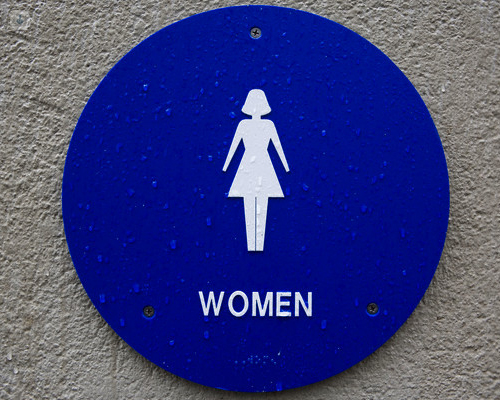Female urinary stress incontinence and how to treat it
Written by:Urinary stress incontinence is very common among women, particularly for those who have undergone several pregnancies.
Here, Mr Keng Ng, leading consultant urological surgeon who specialises in female urology, discusses what causes female urinary stress incontinence, whether pelvic floor exercises make a difference, and what are the surgical treatments available, among other important points.

What causes female urinary stress incontinence?
It is believed that the sheer weight of the pregnant womb is probably the main cause of damage to the pelvic floor muscle as well as the nerve endings that control the ring of sphincter muscle. This results in weakness of both the big sheet of pelvic floor muscle, as well as the small tight ring of automatic sphincter muscle that normally prevents leakage of urine.
Symptoms of female urinary stress incontinence
Women will notice losing control of the bladder with physical activity. Typically, women would describe a sudden leak of urine without warning when they sneeze, jump or cough. Occasionally, women would just discover dampness in their underwear without noticing leakage of urine at the time. These symptoms are termed urinary stress incontinence.
Do pelvic floor exercises help with female urinary incontinence?
Traditionally, the initial advice would be for patients to perform pelvic floor muscle exercise. However, in reality, these exercises would only train up the big sheet of pelvic floor muscle, but will have little or no influence on the important ring of automatic sphincter muscle that would normally tighten up when patient sneeze or cough. Hence, pelvic floor muscle exercise can only improve bladder control slightly, with 80 per cent to 90 per cent of patients still requiring surgical treatment in the end.
Surgical treatment of urinary stress incontinence
For the past 15 years or so, sling surgery called TVT (tension-free vaginal tape) operation has been the gold standard in treating stress incontinence. In this operation, a long tape in the form of a plastic mesh is used to support the bladder like a hammock. In experienced hands, a surgeon can achieve over 90 per cent success rate in curing stress incontinence.
Risks of TVT (tension-free vaginal tape) surgery
However, over the past three years, there has been significant controversy on the use of such plastic mesh in the vagina. Larger pieces of mesh for repairing vaginal prolapse have been blamed for causing severe complications such as erosion of the tape into the vagina or bladder. These mesh materials can also cause long-term problem with severe pain during sexual intercourse.
New technique to treat female urinary stress incontinence
Over the past three years in the UK, there is a new technique emerging using a special gel named Bulkamid, which is injected into the base of the bladder. This creates an extra ring of sphincter to help prevent stress incontinence happening. It is a minimally invasive treatment, and is usually performed under local anaesthetic.
If you are worried about urinary stress incontinence, do not hesitate to see a specialist in urology such as Mr Keng Ng for advice.


